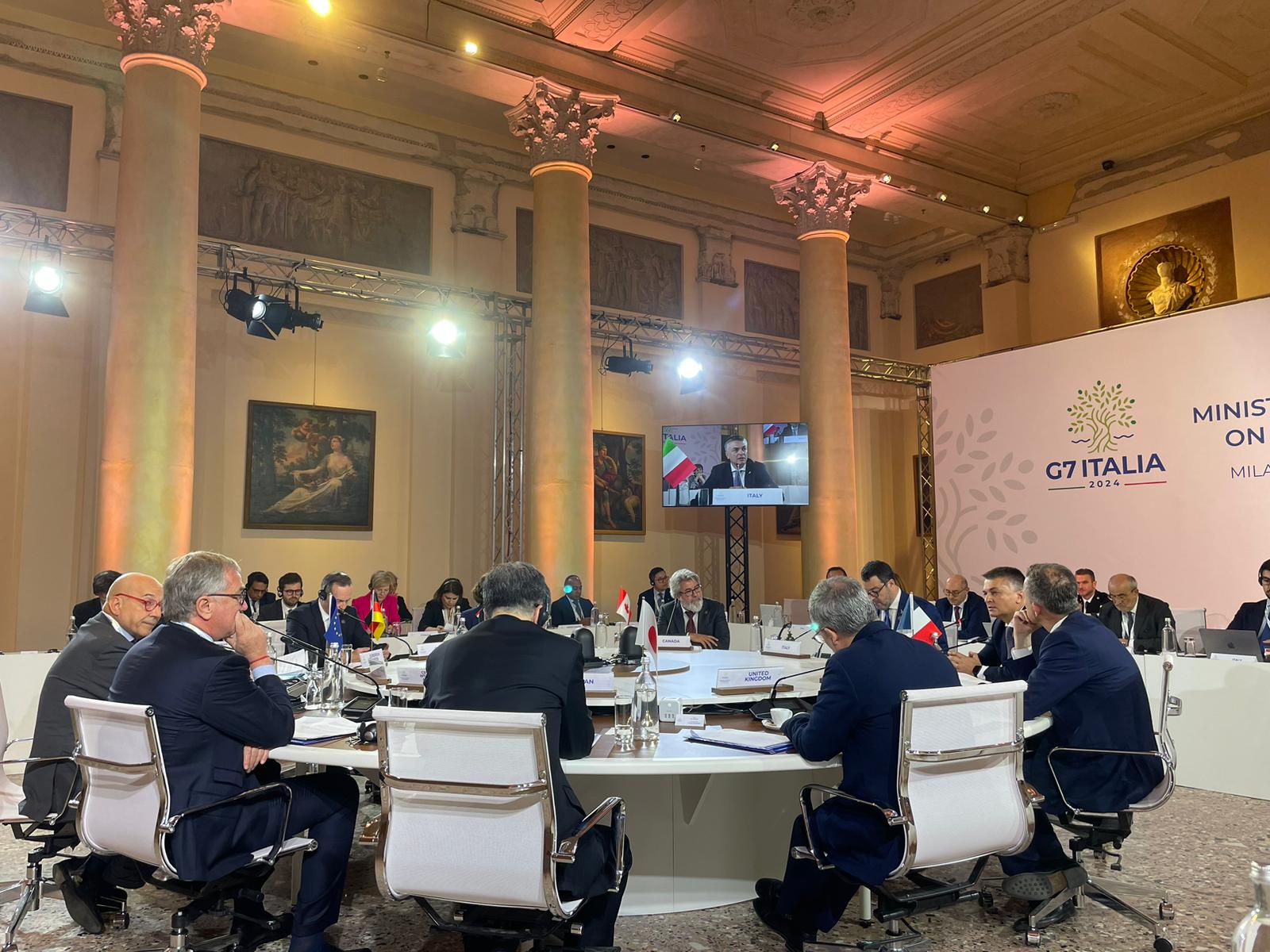New study launched highlighting the positive impacts of turning down the volume
- New study by the University of Southampton, commissioned by the International Chamber of Shipping, highlights synergies between the implementation of energy efficiency measures and reduction of underwater radiated noise (URN).
- In July this year the Marine Environment Protection Committee (MEPC 80) endorsed revised non-mandatory International Maritime Organization (IMO) guidelines on the reduction of URN that applies to new and existing ships.
- Shipowners and the environment can co-benefit by reducing underwater radiated noise.
15 November 2023, London: A new study by the University of Southampton has been launched to assess the interrelationship between measures aimed at enhancing ship energy efficiency and underwater radiated noise (URN) emissions. The International Chamber of Shipping (ICS) commissioned study highlights the significant synergy between the two.
Underwater radiated noise is the unintentional noise generated by vessels as they move through the water. Studies have found that URN generated by shipping can impede marine life, particularly marine mammals, both in the short- and long-term. In recognition of this issue, the International Maritime Organization (IMO) issued guidelines in 2014 that have now been revised following the Marine Environment Protection Committee (MEPC 80) in July this year.
The maritime industry is moving forward with reducing greenhouse gas (GHG) emissions in order to meet net zero emissions by or around 2050. The new study reviews the IMO’s initiatives and strategies for decarbonising the shipping industry and identifies the measures and tools available that can contribute to expediting the transition. By adopting certain energy efficiency strategies that also reduce underwater radiated noise, shipowners and the environment can co-benefit.
ICS commissioned the comprehensive study to explore the synergies between energy efficiency measures and URN reduction. The report highlights the opportunity to reverse the upward trends in URN, simply be leveraging these synergies.
Chris Waddington, Technical Director of the International Chamber of Shipping, commented:
“At ICS we welcome this report. It recognises that most energy efficiency measures will also reduce URN, and therefore presents a win-win situation for shipowners. For safe and cost-effective operation, it is important that shipowners retain discretion on the selection of measures. But for example, modest speed reduction, such as we have seen as a consequence of the EEXI regulation can improve both efficiency and reduce URN for vessels fitted with fixed pitch propellers. Similarly, both wind-assisted propulsion and air lubrication improve efficiency and can each provide around 10 dB URN reduction.”
“Considering the aging fleet of vessels, the forthcoming, more stringent Carbon Intensity Indicator (CII) requirements, and the likely high cost of the alternative fuels, the study anticipates a growing trend of vessels implementing energy-efficiency measures to align with the IMO’s revised GHG strategy targets. There is no one size fits all solution for the challenge we have ahead but we recognise that by improving energy efficiency, URN can also be reduced and our oceans can be healthier.”
Professor of Maritime Fluid Dynamics Stephen Turnock is part of the University of Southampton’s Marine and Maritime Institute (SMMI), which provides world leading knowledge on all aspects of the maritime sector from ship safety and efficiency, renewable energy, sailing yacht performance to environmental science, maritime law and decarbonising technologies, added:
“The ICS commissioned report shows that shipping has an opportunity to embrace energy efficiency technologies that will both help ensure it meets its essential greenhouse gas emission reduction targets as well as reducing underwater radiated noise. Overall, the report should help in choices being made for future ship design and operation that reduce the overall environmental impact of shipping.”
ICS is actively encouraging industry adoption of the revised non-mandatory IMO guidelines on the reduction of URN. ICS is also in consultation with its member associations to ensure this new comprehensive study is shared and that the potential co-benefits are understood.
To download the full report – The impact of shipping’s energy efficiency measures on reduction of underwater radiated noise, and opportunities for co-benefit – please click here.
To watch the recent ICS Leadership Insights Briefing webinar – Underwater Radiated Noise: Why shipowners need to act – please click here.
Related content

ICS Publications releases fifth edition of ‘Shipping and the Environment: A Guide to Environmental Compliance’

G7 Transport Ministers meeting in Milan briefed by ICS Chairman, Emanuele Grimaldi, on Security and Decarbonisation

Vehicle Carrier Safety Forum publishes guidance on the presentation and loading of vehicles

